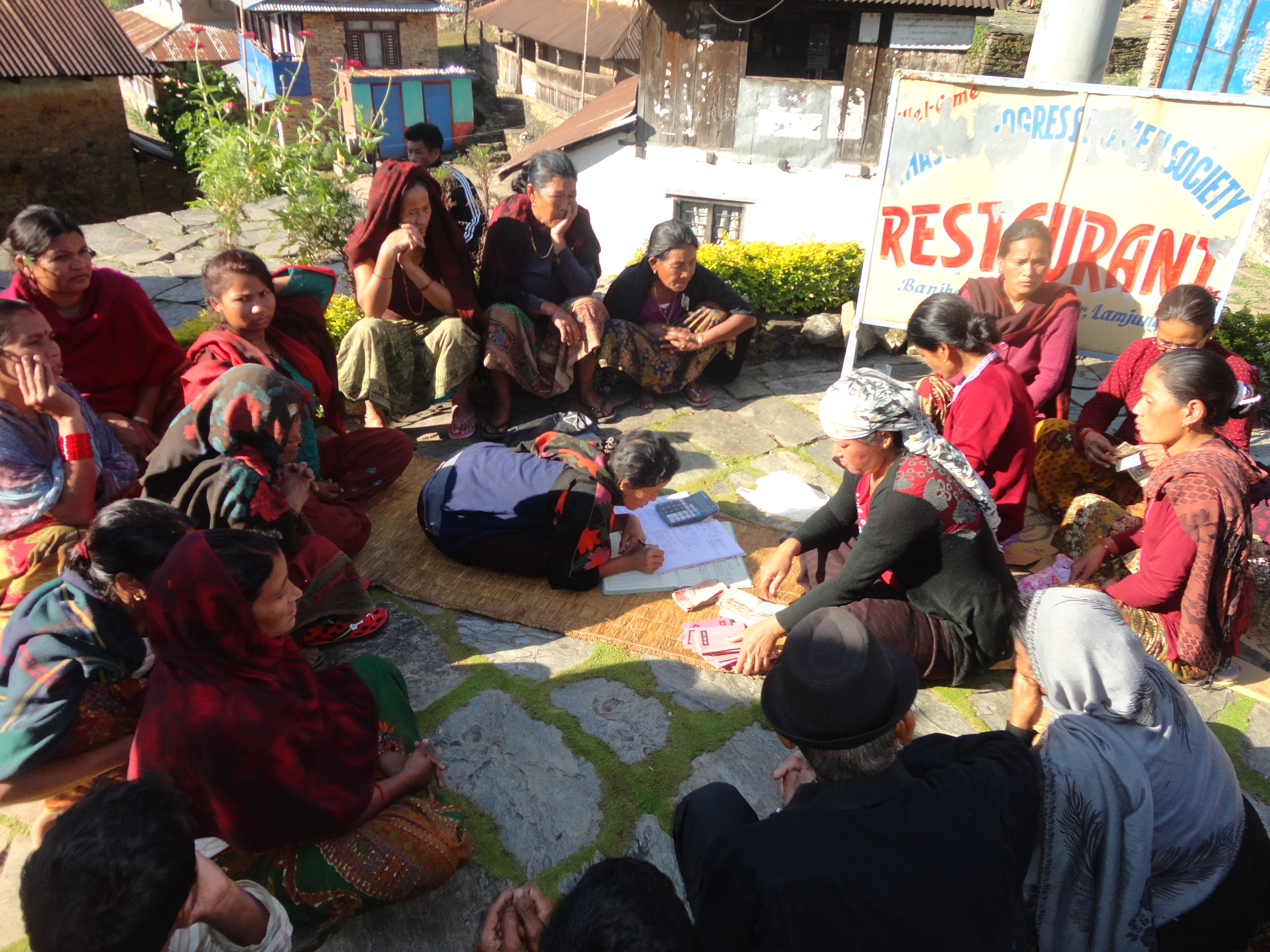PES and motivational crowding in Colombia
In a new article, led by UAB-ICTA’s PhD candidate Lina Moros, we adopt an innovative research design to test for motivational crowding effects through a forest conservation game in Colombia’s Amazon Piedmont, using individual, collective and crop-price premium economic incentives. We implement a post-experiment survey on different types of motivations based on Self-Determination Theory (SDT) to test for changes in motivations. Our findings show that all types of PES, except for the crop-price premium payment,…
